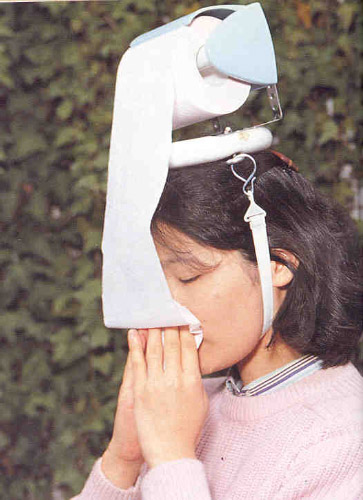
What you need to know
Heart disease is a big killer of women. For example, heart disease kills far more women than breast cancer. yet women with heart problems are often undertreated and underdiagnosed compared to men with the same symptoms.
Many experts feel we still have a lot to learn about heart disease in women. most cardiac research in the past 30 years has been done primarily with male research subjects. Nevertheless, heart disease kills more women than men.
Women and their doctors sometimes fail to recognize the warning signs of heart disease in females. they may dismiss symptoms that should not be ignored. thus, women might experience delays in diagnosis and tests that can hold up life-saving treatment.
Common symptoms of a heart attack include discomfort in the neck, jaw, shoulder, upper back, chest or abdomen. However, many women with heart disease have other symptoms. they may include great fatigue, nausea or vomiting, shortness of breath, lightheadedness, insomnia, or sweating. Some women sense a feeling of impending doom. Men might be more likely to have the classic symptoms of crushing chest pain and left shoulder and neck pain.
Women with hidden heart disease might be told their shortness of breath is most likely due to anxiety and stress.
Women might be told that their major arteries are clear. However their hearts could still be starved of blood due to microvascular disease — a problem in smaller vessels.
Other women have been told they are protected by high good cholesterol (HDL) in their blood. yet a CT scan with calcium scoring might show dangerous plaque-blocked coronary arteries.
Older women after menopause have low levels of estrogen which can raise their risk of cardiovascular disease in small blood vessels. Your care provider might recommend that you take medications to lower your risks. they may include low-dose aspirin, a cholesterol-lowering medication (a statin drug), blood pressure medication, or supplements such as omega-3 oil or selected vitamins and minerals, such as vitamin D, niacin, and folic acid.
Young women with pregnancy complications can have raised cardiac risk factors such as gestational diabetes, high blood pressure and excess weight gain.
Many women confuse heart symptoms with indigestion. Indigestion and acid reflux do not cause sweating and do not spread pain to the jaw or arms. an antacid often relieves indigestion.
What you should do
Take heart disease symptoms seriously. Learn common symptoms. Do not ignore symptoms by putting off care.
Have an action plan if you have heart disease, heart symptoms, or a high risk of heart disease. if you have heart attack symptoms, call 911 and say you are having a heart attack. Chew a full-strength uncoated aspirin. get an ambulance to drive you to a hospital — don’t drive yourself.
Do not smoke.
Be proactive in managing your cholesterol, weight, blood pressure, and blood sugar. Take charge of your health.
Check your numbers regularly at home. Track your blood pressure, weight and blood sugar (if diabetic) at home.
Control your personal risks of heart disease. Commit to a healthy lifestyle. Limit salt in your diet. get adequate sleep. Exercise 30 to 60 minutes a day. Walking quickly is a great exercise. Eat healthy diet of vegetables, fruits, and low-fat foods. Learn to manage stress and depression. Limit your alcohol consumption.
Ask your doctor about the risks and benefits of taking low-dose daily aspirin.
Get regular checkups. be open and honest with your doctor. Share facts about your personal risk factors. get tests recommended for your age and symptoms. Take prescribed medications as instructed by your care provider.
Pay special attention to any signs of metabolic syndrome, which can raise your risk of heart disease. Signs include excess fat around the waistline, high blood pressure, high triglycerides, and high blood pressure.
Know the signs of a heart attack and understand that symptoms can be different in women than in men. be sure to list symptoms to your doctor. this is especially important if you are overweight, have a family history of heart disease, or are over 50 years old
For more information
Visit americanheart.org and womenheart.org
Better Health: Take Charge! is provided by the Healthy Memphis Common Table: healthymemphis.org. this article supports the care and advice of your doctor.